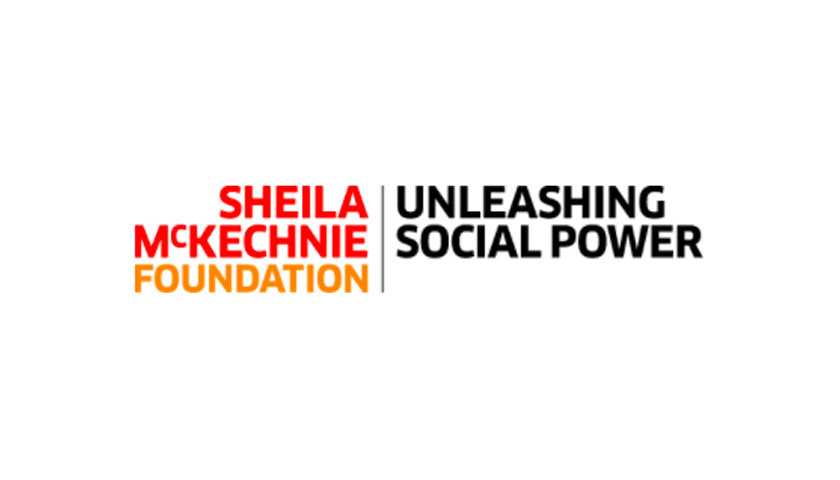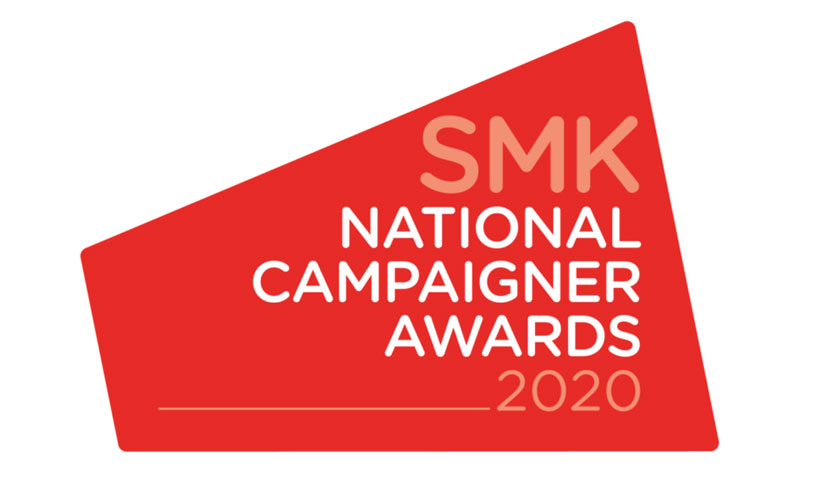Every year, the amazing Sheila McKechnie Foundation ask campaigners what’s going on in their world. The results for 2021 are now in. The picture is of campaigners’ determination holding fast, despite growing legislative pressures, insufficient resources, and a greater need for change.
The following is taken straight from their website so is (c) to them, please visit their site and have a look around at the workt they do. Keep up with SMK’s work to support campaigning and change-making by subscribing to their newsletter.
What did the 2021 Campaigner Survey tell us?
Campaigners in the UK are encountering a growing range of barriers. Some are concrete, such as legislation designed to restrict protest, while others are more insidious, like the so-called ‘war on woke’. They add up to a trend of ‘shrinking civic space’ or, more plainly, people’s ability to influence the decisions that shape their world.
Despite this, campaigners are more likely to speak out now than a year ago.
Go straight to full results.
Increasing political hostility
Unfortunately, campaigners say that attitudes amongst politicians have become more negative in the past year (79%, up from 63% in 2020). Only 3% say they are becoming more positive. Around half say the media has become more negative. One campaigner said:
‘They make me feel nervous. I carry these stories in my mind as I’m engaging with decision makers, feel the weight of them.’
Threats to the freedom to organise, speak out and protest
A massive 96% say there are threats to the freedom to organise, speak out and protest. These include proposals to restrict protest and judicial review, and negative statements by politicians.
Just under half predict that current legislation will have a direct, negative effect on their work – either stopping it, dramatically reducing it, or making it more difficult or expensive. Not a single respondent predicted any proposal would have a positive effect.
There is also deep concern that legislation will ‘chill’ campaigning activity more broadly.
Defiant response
But campaigners say they will not be cowed. Recent attacks on charities such as the National Trust, RNLI and Runnymede Trust have made 30% more likely to speak out. Only 7% report they are now less willing.
This is mirrored in the surges of public support for the RNLI, which reported a spike in donations following criticism by some politicians, and the National Trust, which saw record-breaking membership rises last year.
Campaigners say they are more determined and are paying greater attention to risk and strategy. This was illustrated by one campaigner, who said:
‘The attacks made us invest a lot of time in getting our engagement right, we felt like we were on a tightrope and some powerful people were willing us to fall…[but] the strategic review that resulted probably made us more focused and stronger.’
Energy and efforts hampered
94% believe there will be a need for more campaigning by civil society over the next year. Yet lack of capacity is becoming a significant problem in the face of growing need.
Of the 65% who told us they thought things had got worse for campaigning in the last twelve months, one of the main reasons, after the tougher environment, was lack of capacity. Problems included funders’ reluctance to support campaigning activity, increased demand, and the resulting personal exhaustion. As one campaigner put it:
‘The fear of campaigning, the relentless tide of dramatic changes to campaign against, the way that there are so many changes being made it is impossible to keep up with them all and on top of them all. Feeling very tired and running out of energy, hard to keep hopeful sometimes.’
What opportunities did 2021 bring?
Responding to Covid meant doing things differently, which sometimes turned out to be better. More online working meant new opportunities to work with communities, decision-makers, and other campaigners.
We also heard about greater collaboration across civil society and better relationships between organisations. There was hope and inspiration in the way campaigners used COP26 as a focal point to coalesce around all aspects of environmental breakdown.
What challenges did 2021 bring?
Unsurprisingly, the number one barrier was an environment hostile to campaigning – people mentioned negative comments by some politicians and media outlets, as well as concern about legislative and regulatory pressures.
Loss of capacity was a huge issue – it included time, funding, staff absence, and general fatigue. Covid placed huge pressure on people and organisations – particularly the loss of face-to-face contact.
Read the full results here.

